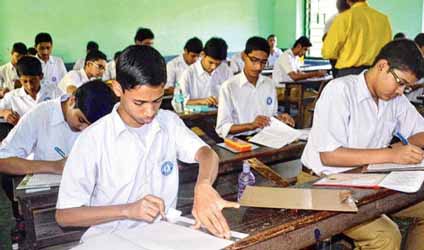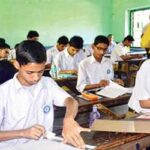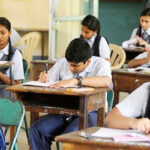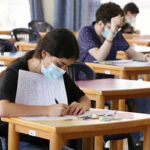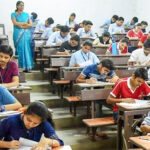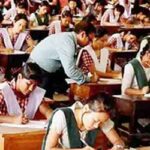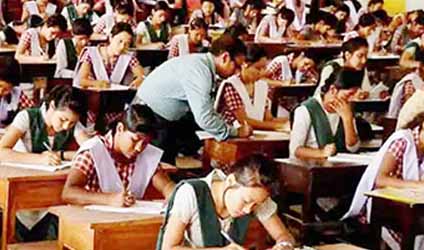
ছবি: প্রতীকী।
Suggestive Questions For XII, 2024
(English-B, WBCHSE)
A.The Eyes Have It
17. “The voice had the sparkle of a mountain stream” —Who said this? Whose voice is referred to here? Why did the voice become splendid to the speaker?
B. Strong Roots
to as ‘him’? Where did the people wait? Why did they wait there? What would happen thereafter?
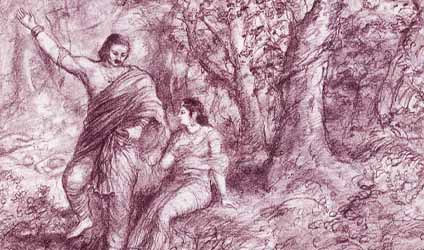
মহাকাব্যের কথকতা, পর্ব-৪৯: মহাকাব্যের রাক্ষস ও মানুষের কাহিনিতে আধুনিক জীবনচিত্রের প্রতিফলন রয়েছে কি?
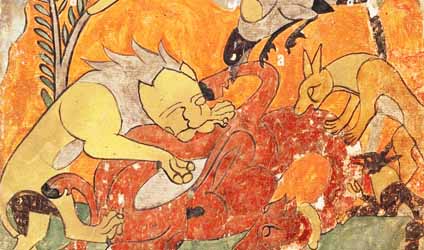
পঞ্চতন্ত্র: রাজনীতি-কূটনীতি, পর্ব-৩৬: শুদ্ধ স্বভাবের রাজাও পরিত্যাজ্য যদি তাঁর পার্শ্বচরেরা শকুনের মতো কুটিল হন
C. Three Questions
How did the Tsar reach the hermit’s cell? How did hermit receive the Tsar?
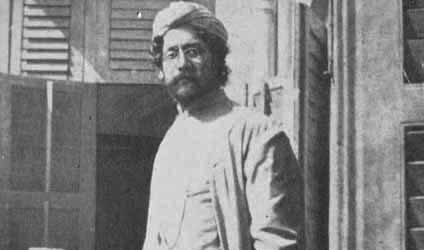
গল্পকথায় ঠাকুরবাড়ি, পর্ব-৭৮: ষাট-বাষট্টি, বড়োজোর সত্তর বছর বাঁচবেন রবীন্দ্রনাথ, বলেছিল এক গণৎকার
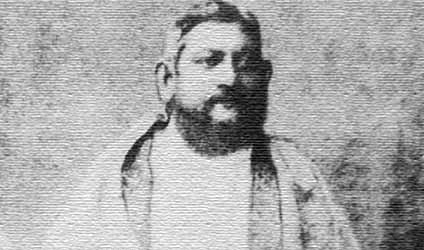
নাট্যকার গিরিশচন্দ্রের সন্ধানে, পর্ব-৫২: গিরিশচন্দ্রের পৌরাণিক নাটক ‘হরগৌরী’ অত্যন্ত জনপ্রিয়তা পেয়েছিল
D. Thank You Ma’am
5. What had Mrs Jones guessed to be the real reason behind Roger’s action? What was the real reason? What did Mrs Jones do to fulfil Roger’s wish? What did she tell him then?
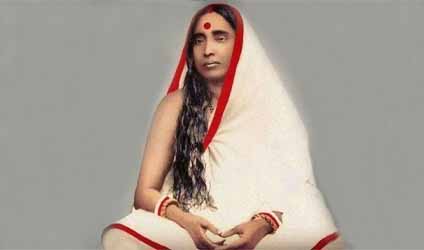
আলোকের ঝর্ণাধারায়, পর্ব-৩২: সরকারবাড়ির ছেলেদের সঙ্গে শ্রীমার বুড়ি-বুড়ি খেলা
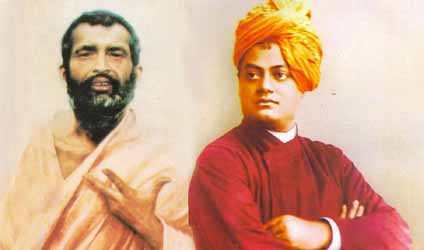
অনন্ত এক পথ পরিক্রমা, পর্ব-৫৫: শুদ্ধ মন, শুদ্ধ আত্মা এক
E. On Killing A Tree
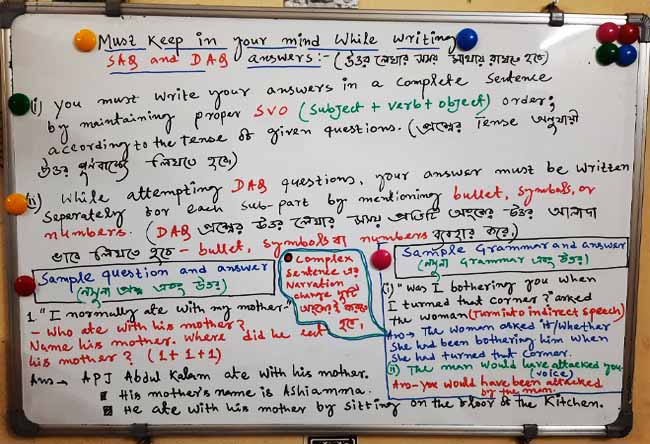
তোমাদের যে বিষয়গুলি মাথায় রাখতেই হবে।
F. Asleep in the Valley
How is he lying there?
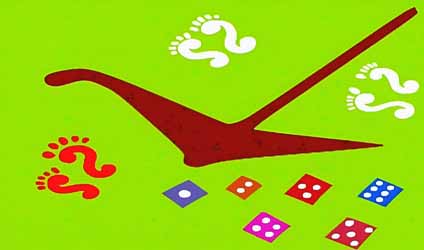
ক্যাবলাদের ছোটবেলা, পর্ব-২৮: কে আবার বাজায় বাঁশি
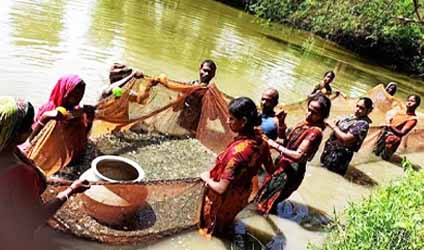
বাঙালির মৎস্যপুরাণ, পর্ব-৯১: স্বল্প খরচেও উন্নত মানের মাছ বা জৈব চাষ করা সম্ভব
G. Shall I Compare thee to a summer’s day?
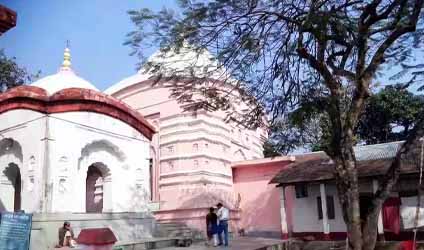
ইতিহাস কথা কও, পর্ব-১৫: দেবদেউল কথা ও গোসানিমারি কামতেশ্বরী মন্দির
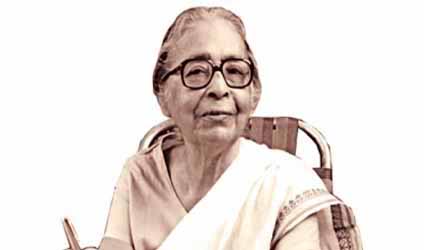
দশভুজা, সরস্বতীর লীলাকমল, পর্ব-১০: লীলা মজুমদার— নতুন রূপকথার হলদে পাখি
H. Poetry of Earth

রহস্য রোমাঞ্চের আলাস্কা, পর্ব-২১: ঘণ্টাখানেকের মধ্যে গাড়ির উপর প্রায় এক-দেড় ফুট বরফ জমে গেল
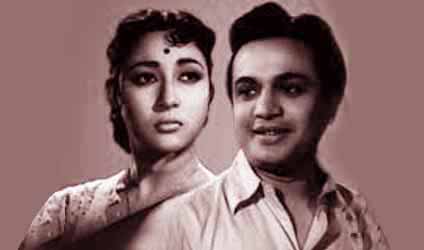
উত্তম কথাচিত্র, পর্ব-৬১: ‘বন্ধু’ তোমার পথের সাথী
“The Proposal”
[Or, “And it’s impossible for me not to marry.” — Why is the speaker so interested to marry? Whom does he want to marry? Why?]

পঞ্চমে মেলোডি, পর্ব-৪৯: জন্মান্তরের সুরসাধক পঞ্চম
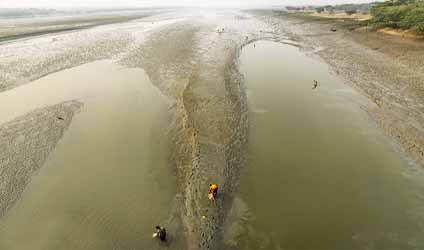
এই দেশ এই মাটি, সুন্দরবনের বারোমাস্যা, পর্ব-৩৪: সুন্দরবনের মৃত ও মৃতপ্রায় নদী
Letter Writing (within 150 words)
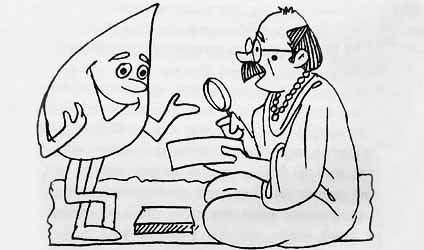
এগুলো কিন্তু ঠিক নয়, পর্ব-৫০: কুষ্টি বিচার, না কি রক্ত বিচার! জরুরি কোনটা?

সন্তান কম মনোযোগী কিন্তু অতি সক্রিয়? সহজ উপায়ে বাড়িতেই এর চিকিৎসা সম্ভব
Report Writing (within 150 words)



